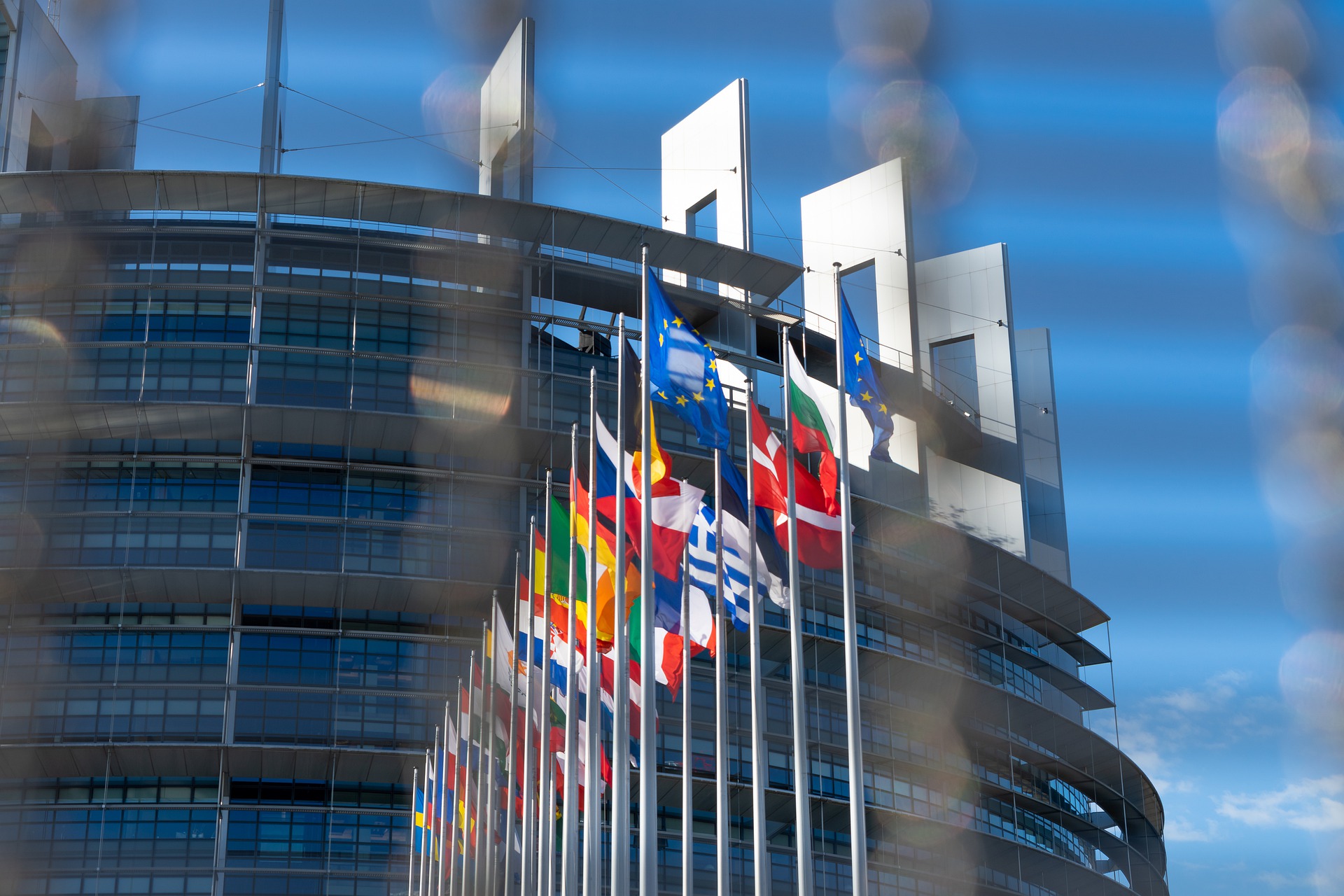When expanding your business to the United States, there are a number of legal challenges that you may face as a European startup. These can range from regulatory compliance to intellectual property protection. Here are some of the main legal challenges that you may encounter when expanding your business to the US.
Regulatory compliance
One of the biggest challenges faced by European startups when expanding to the US is regulatory compliance. The United States has a complex system of federal, state and local laws and regulations that businesses must comply with. Failure to comply with these regulations can result in significant penalties, including fines and imprisonment.
To avoid these penalties, it is essential that you are familiar with the relevant laws and regulations before expanding your business to the US. You should also consult with a LEGID lawyer to ensure that your business is in compliance with all applicable laws.
Depending on the nature of your business, you may have to deal with food safety regulations, environmental regulations, healthcare regulations or other types of regulations. For example, the Food and Drug Administration (FDA) regulates food, drugs and cosmetics, while the Environmental Protection Agency (EPA) regulates environmental issues. In the event that your business is subject to multiple regulatory agencies, you will need to ensure that you are in compliance with all of their regulations.
Intellectual property protection
Another legal challenge that you may face when expanding your business to the US is protecting your intellectual property (IP). In the US, there are two main types of IP protection: patents and copyrights.
Patents protect inventions, while copyrights protect creative works, such as novels, movies, songs and software. If you want to protect your IP in the US, you must first register it with the US Patent and Trademark Office (USPTO). Once your IP is registered, you will have exclusive rights to use it in the US for a period of time.
To register your patent or copyright, you will need to file an application with the USPTO. The application process can be complex and time-consuming, so it is important to consult with a LEGID lawyer before filing your application.
Employment law
Employment law is another area that you will need to be familiar with when expanding your business to the US. In the US, there are a number of laws that regulate the relationship between employers and employees, such as the National Labor Relations Act (NLRA) and the Fair Labor Standards Act (FLSA).
In the EU, employment law is governed by the European Union (EU) treaty. However, in the US, each state has its own set of employment laws. This can make it difficult to comply with all of the applicable laws when expanding your business to multiple states.
For example, under the NLRA, employees have the right to form unions and engage in collective bargaining. However, this law does not apply to independent contractors. As a result, if you plan to hire independent contractors in the US, you will need to ensure that they are not considered employees under the NLRA.
To avoid any legal challenges, it is important to consult with a LEGID lawyer before expanding your business to the US. A lawyer can help you navigate the complex web of US employment laws and ensure that your business is in compliance with all applicable laws.
Data privacy
This is a new area of concern for companies expanding to the US. The European Union has strict data privacy laws, which regulate how businesses can collect, use and store personal data.
Under the General Data Protection Regulation (GDPR), businesses must obtain consent from individuals before collecting, using or storing their personal data. In addition, businesses must provide individuals with the right to access, correct and delete their personal data.
The GDPR also requires businesses to notify individuals of data breaches within 72 hours. If a business fails to comply with the GDPR, it can be subject to significant fines, including up to 4% of its global annual revenue.
By contrast, the US does not have a comprehensive data privacy law. However, a number of states, including California and Massachusetts, have passed their own data privacy laws. These state laws are similar to the GDPR in that they require businesses to obtain consent from individuals before collecting, using or storing their personal data.
It is best to consult with a LEGID attorney before collecting, using or storing personal data in the US. A lawyer can help you ensure that your business is in compliance with all applicable data privacy laws.
As you can see, there are a number of legal challenges that you may face when expanding your business to the US. LEGID is here to help you navigate these challenges and ensure that your business is in compliance with all applicable laws. Join our platform today to get the legal aid you need, whether you’re expanding your business to the US or any other country.

